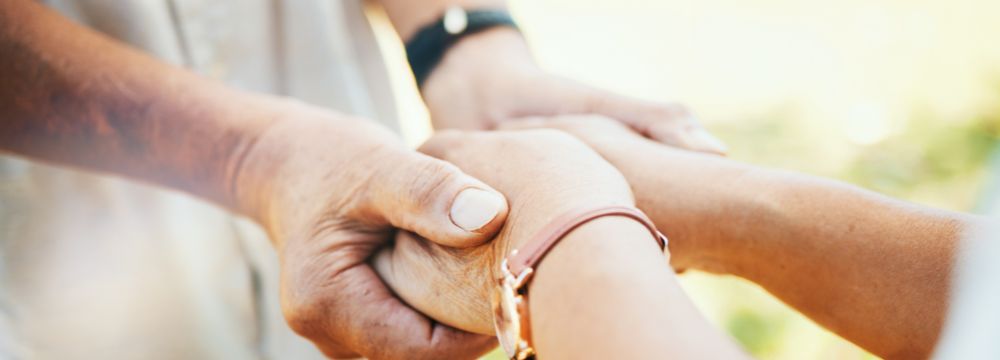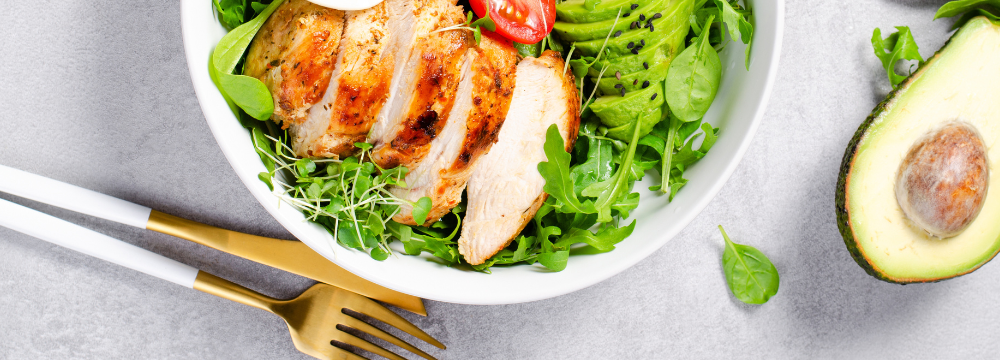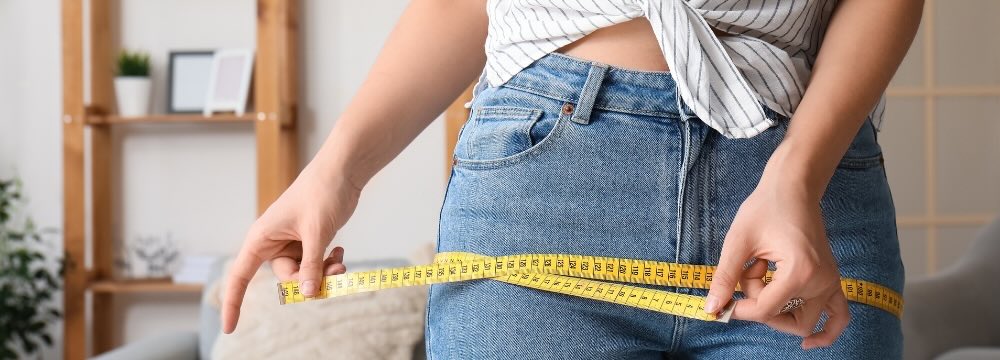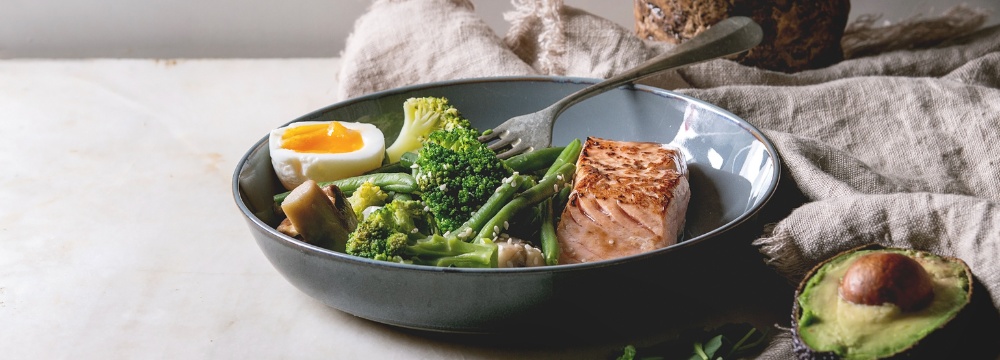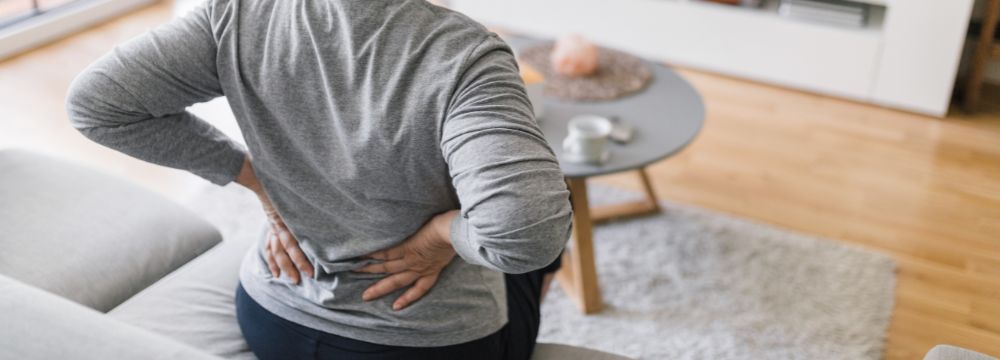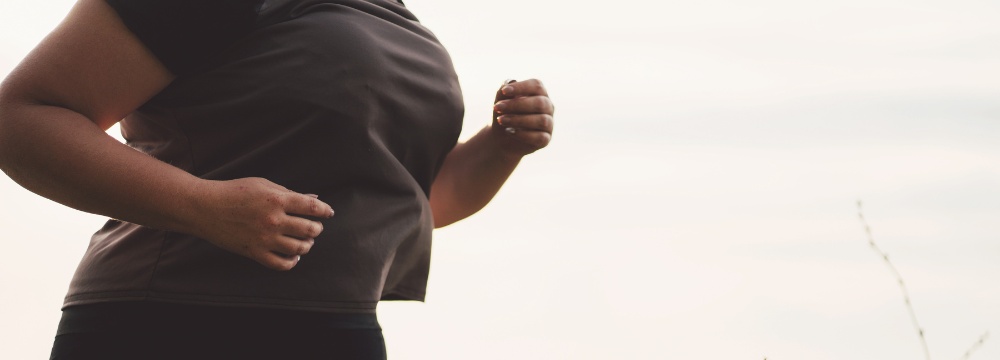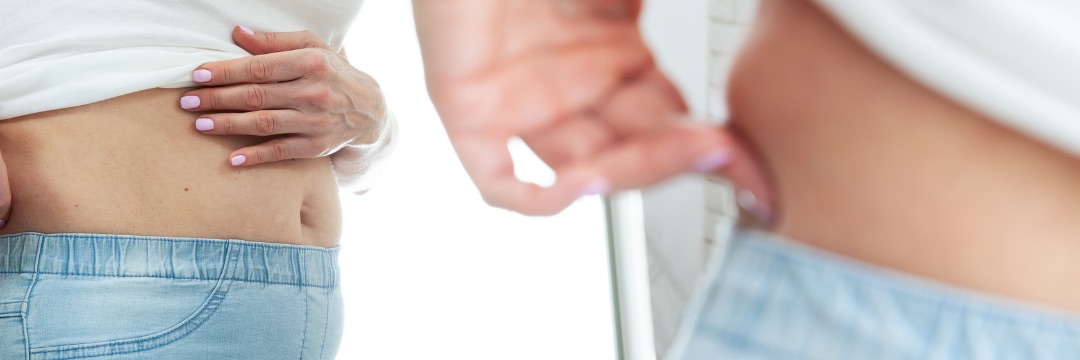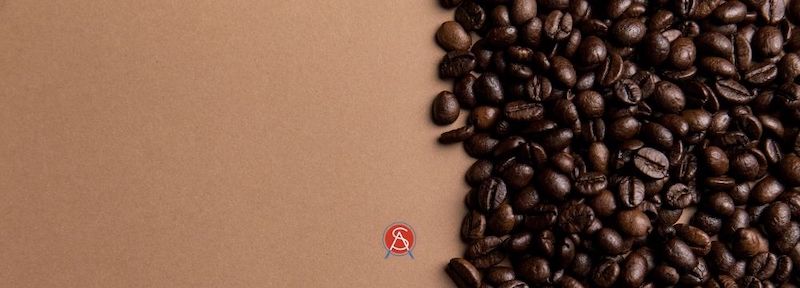
Before bariatric surgery we may not have thought twice about having a few cups of coffee or some tea. Caffeine was only a concern as we got closer to bed and worried about staying up all night. However, caffeine must be understood and moderated after bariatric surgery for several reasons.
- First, caffeine itself can be an irritant to the new stomach pouch. While the irritation is often minor, it can be problematic, so caffeine should not be consumed within the first 4-6 weeks after surgery. If you must, a small cup of decaf (black, no sugar) is fine.
- Another concern is the composition of caffeine containing drinks. We often add sugar to coffee and tea. Of course, soda contains tons of sugar. While a little caffeine itself may not be an issue, the sugar contained in the caffeinated drink may well be. Many opt for artificial sweeteners thinking they are saving calories while still getting the sweetness they crave. Unfortunately, we now know the zero calorie sweeteners can encourage us to gain weight by tricking the brain into wanting sweeter things more often.
- Caffeine is a diuretic meaning it flushes water out of the system. This can be problematic for bariatric patients who require serious hydration every day. Caffeine also stimulates gut motility, which is one of the reasons why you may feel like having a bowel movement shortly after drinking coffee. These two properties can combine to cause a hydration deficit.
- Finally, many caffeinated drinks are also carbonated. These bubbles can cause the pouch to temporarily stretch, which can be very painful and cause gas bloat syndrome. While occasional soft drink consumption rarely causes long term damage to the stomach pouch, this irritation will be problematic longer-term.
A quick note on chocolate
Consuming milk chocolate not only introduces saturated fat and sugar into your diet, but it can also contain a good deal of caffeine. While a little bit of milk chocolate is not terribly harmful, don’t make it a habit. However, dark chocolate has far less sugar, much less saturated fat, and can provide some great antioxidant benefits without the guilt. If you enjoy chocolate, opt for dark chocolate. Once again, moderation is key here, but dark chocolate can generally be quite good for you.
As you continue through your post-op lifestyle and journey, you should be able to reintroduce caffeine slowly into your diet. It is important however you do not rely on caffeine for energy in the morning or halfway through the day. Using water and proper diet to keep your body moving is always the best bet and reduces the likelihood of a caloric slip. However, if you do enjoy the taste of your favorite coffee or tea, we do not discourage you from having it if it is in moderation. Keep your tea and coffee consumption to a minimum, but always avoid sodas whether sweetened naturally or artificially.
If you have any questions about chocolate consumption or how your body will react to caffeine, we encourage you to contact our office and speak to one of our nutritionists. Our goal is to help you lose weight as quickly and safely as possible. However, we also want you to enjoy what you eat and drink, so we can usually find a happy medium.




